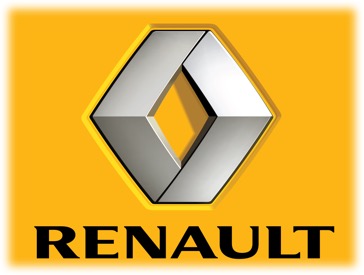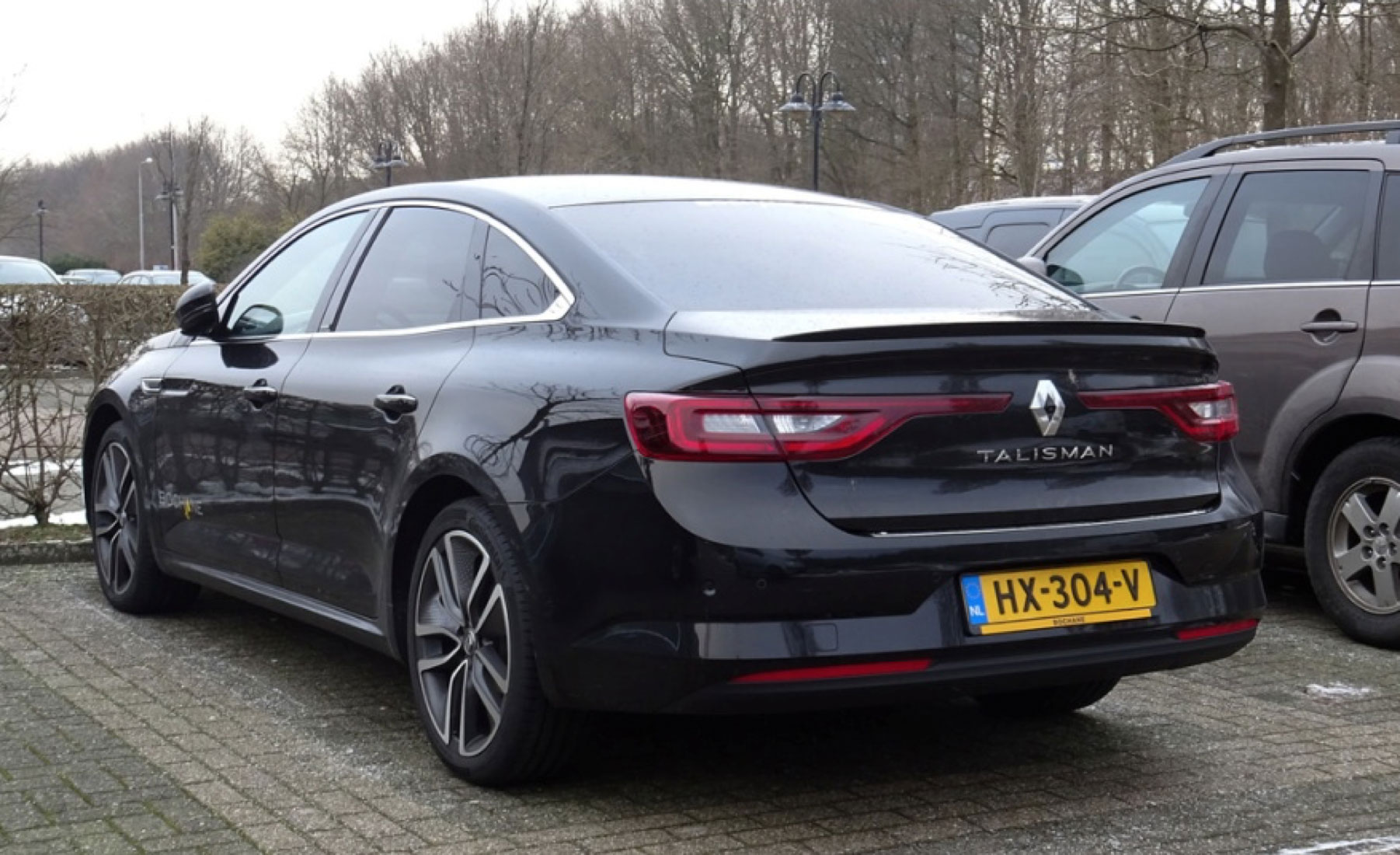A French Media Daily has reported that French automobile giant Renault has earmarked three of its manufacturing and assembling factories for an early closure in France. The move has come as a result of the recent COVID-19 pandemic, as companies reel from lowered consumer interest toward automobiles.
Renault as a company has plenty of fixed costs to cover and the company might not be able to continue on this trend going into the future. According to reports from the newspaper, it is the Alpine A110 producing factory on the outskirts of Paris that will be the first to shut down.
Similarly, Renault will also shut down another facility located at Flins.
Recently, thousands protested on the streets of France against the job cuts on the cards by Renault.
“It’s an earthquake that is taking place. We want to keep our company here,” Jerome Delvaux, a union member, said.
“This demonstration today is very important, even if it is a first step, to show the government and Renault that workers and residents of this area are committed to this company and that we have support,” Delvaux added.
“We need these jobs, otherwise it’s a whole territory that will die,” he said.
The company is looking to target savings, but these savings have certain repercussions that it isn’t accounting for.
YouTube Link: https://www.youtube.com/watch?v=xNIOehncMj4

